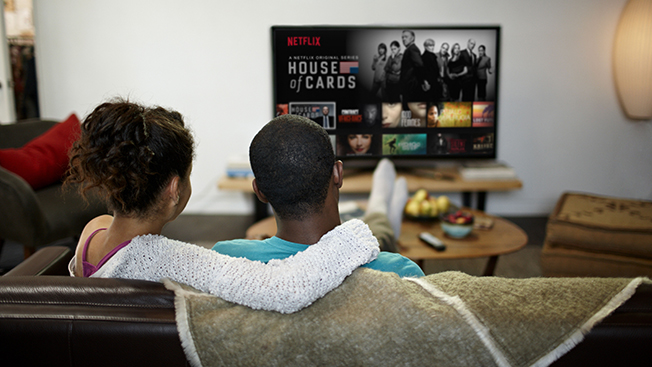Mark your calendar for Mediaweek, October 29-30 in New York City. We’ll unpack the biggest shifts shaping the future of media—from tv to retail media to tech—and how marketers can prep to stay ahead. Register with early-bird rates before sale ends!
China is reportedly getting ready to regulate the number of foreign television programs that online providers can stream in its country, The Wall Street Journal reported. The move means even fewer U.S. programs will make it onto the Chinese viewing menu.
As of today, about half the content on popular Chinese streaming services comes from outside the country. But that all will change as the country limits foreign, streamed TV shows to 30 percent. (The Journal said it's unclear if that figure refers to the number of TV shows or episodes.)
The U.S. shows that stand to lose are Netflix's wildly popular House of Cards and Warner Brother’s 2 Broke Girls. House of Cards, which is distributed by Sohu, one of the country’s largest video streaming services, reportedly attract millions of viewers a day despite its edgy storylines that criticize China. But popularity doesn’t necessarily mean you’ll stay on the air.
In April, the country’s regulators yanked NCIS, The Practice, The Good Wife and The Big Bang Theory off Chinese video streaming services without giving a reason. The Big Bang Theory was reportedly pulling in 120 million viewers a month.
The sudden blackout of popular U.S. shows is seen as an example of Chinese leaders keeping a tight grip on foreign media to counter the U.S.'s soft power and shore up China's own television industry. Last year, Chinese censors withheld box office receipts while negotiating a rise in tariffs on Western importers. Now, Chinese leaders want to become not only international exporters of finished goods but also dramas and soap operas, which amount to about 10,000 episodes a year.
The most popular soap opera in China, however, comes from Korea. Love From Another Star reportedly attracts a billion Chinese viewers. One Chinese TV executive told the Journal that the Koreans were asking up to $300,000 dollars per episode of popular shows.
Other countries are not immune to the Chinese TV content cap. U.K. production companies could also get the short end of the stick. Currently Chinese online viewers watch Sherlock and Downton Abbey.
Video streaming services in China paid a reported $683 million to license content last year., the newspaper reported. Some of the streaming services say the regulations are good in that they will cool down bidding wars for foreign content.








